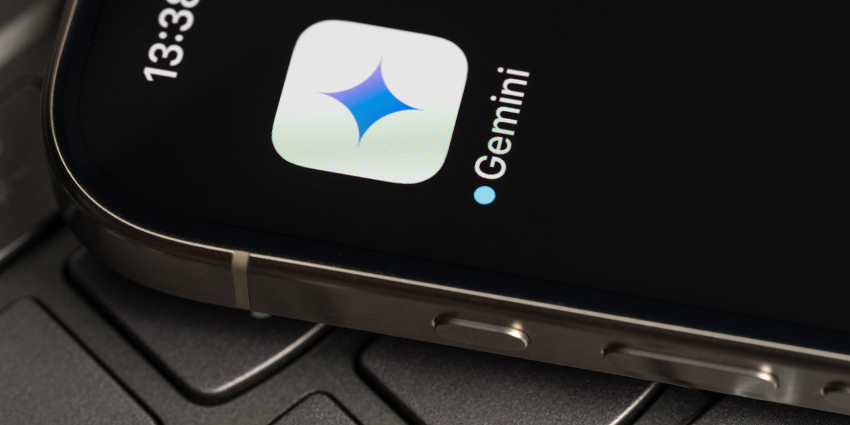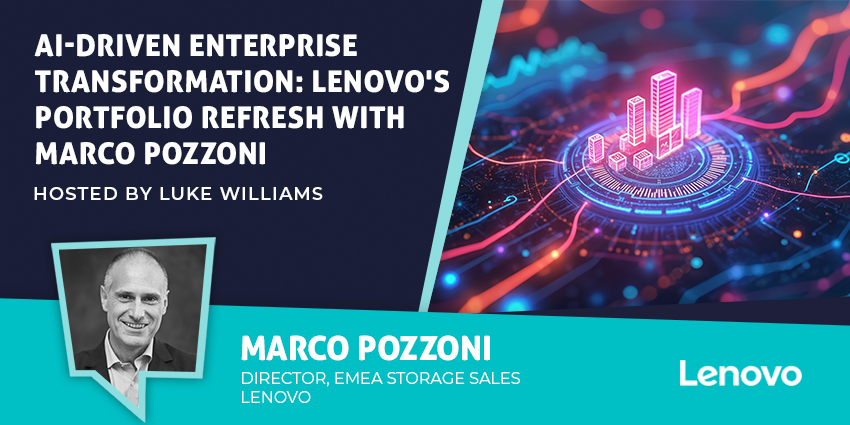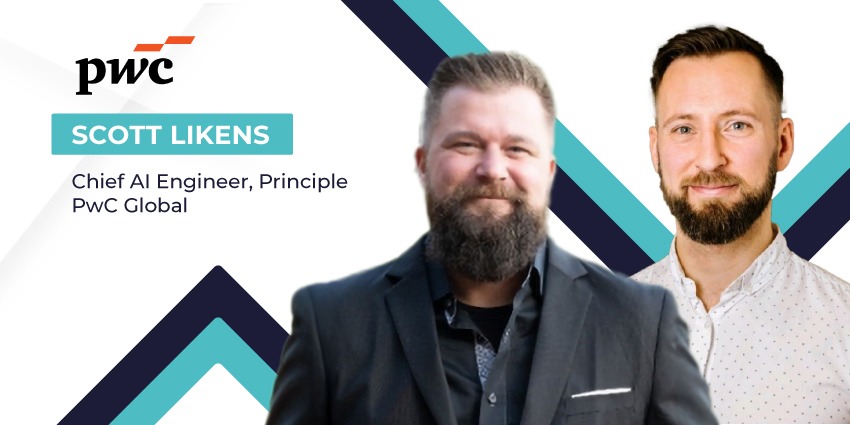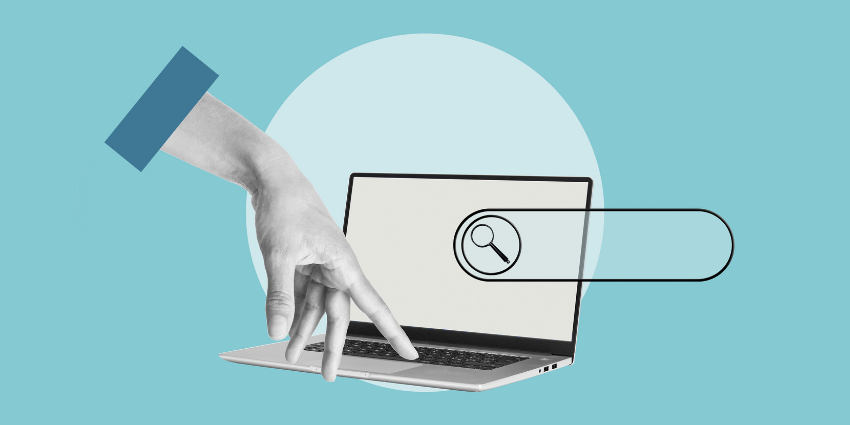Microsoft is helping Siemens to scale its Industrial Copilot so that it can handle the “most demanding” environments.
- Microsoft, Google, and Amazon Sign EU’s AI Safety Pact
- Pages to Python: What’s Coming in Microsoft Copilot Wave 2?
- What’s New in Copilot? September 2024 Recap
The tech giant is adding its Azure OpenAI Service to Siemens’ domain knowledge to enhance the handling of requirements in manufacturing and automation.
More than 100 companies are already using the Siemens Industrial Copilot, which Microsoft says will improve processes, assist with labour shortages, and power innovation.
Siemens has around 120,000 users of its engineering software that would be well positioned to integrate its generative AI assistant.
Judson Althoff, Executive Vice President and Chief Commercial Officer at Microsoft, commented on the new technological partnership: “The collaboration between Siemens and Microsoft marks a pivotal moment in the industrial sector; one where AI Transformation becomes a cornerstone for innovation and operational efficiency.
“By integrating Microsoft Azure OpenAI Service into Siemens’ industrial solutions, we are equipping companies with cloud-based AI tools to simplify complex challenges, drive productivity, and help them stay competitive in an increasingly dynamic environment.”
‘Pioneering’ Industrial Automation
Siemens’ co-creation partner thyssenkrupp Automation Engineering is planning to use the Copilot globally from early next year.
Their machines will utilise the assistant throughout the entire product range, getting the most out of what the generative AI has to offer.
Microsoft describes Siemens as “pioneering” the offering of generative AI for automation engineering and has made it accessible via the Siemens Xcelerator open digital business platform.
Since it was made available in July this year, it has been used to increase efficiency in engineering, with engineers now able to create panel visualisations in 30 seconds and generate code that only needs 20 percent alterations.
The chat function also offers accurate and instant answers, saving time on lengthy searches.
Cedrik Neike, Member of the Managing Board of Siemens AG and CEO of Digital Industries, outlined some of the key benefits for customers: “Together with Microsoft we scale industrial AI, empowering our customers throughout the industry to become more resilient, competitive and sustainable.
“thyssenkrupp Automation Engineering shows how customers can use Siemens Industrial Copilot even in highly demanding environments as a major efficiency boost.”
A Perfect Example
Evidently the poster child, Microsoft describes thyssenkrupp Automation Engineering as ‘exemplifying’ the potential of Siemens Industrial Copilot at scale.
It points to the development of automated systems for the battery and hydrogen assembly production lines as being a major area of success.
One such machine ensures the quality of electric car batteries and Industrial Copilot can ‘supercharge’ the operation and development of this machine by automating repetitive tasks, such as configuring sensors, data management, and reporting steps for inspections.
Dr. Volkmar Dinstuhl, Member of the Executive Board of thyssenkrupp AG and CEO of thyssenkrupp Automotive Technology, offered his feedback:
“Siemens Industrial Copilot will prospectively ease our workload and address the pressing challenges of labour shortages and increasing complexity in battery testing.
“This AI-powered solution will be a game-changer for our industry, and we will actively roll it out across our machines.”
Siemens will provide more details about its Industrial Copilot at the SPS expo next month in Nuremburg, Germany.








